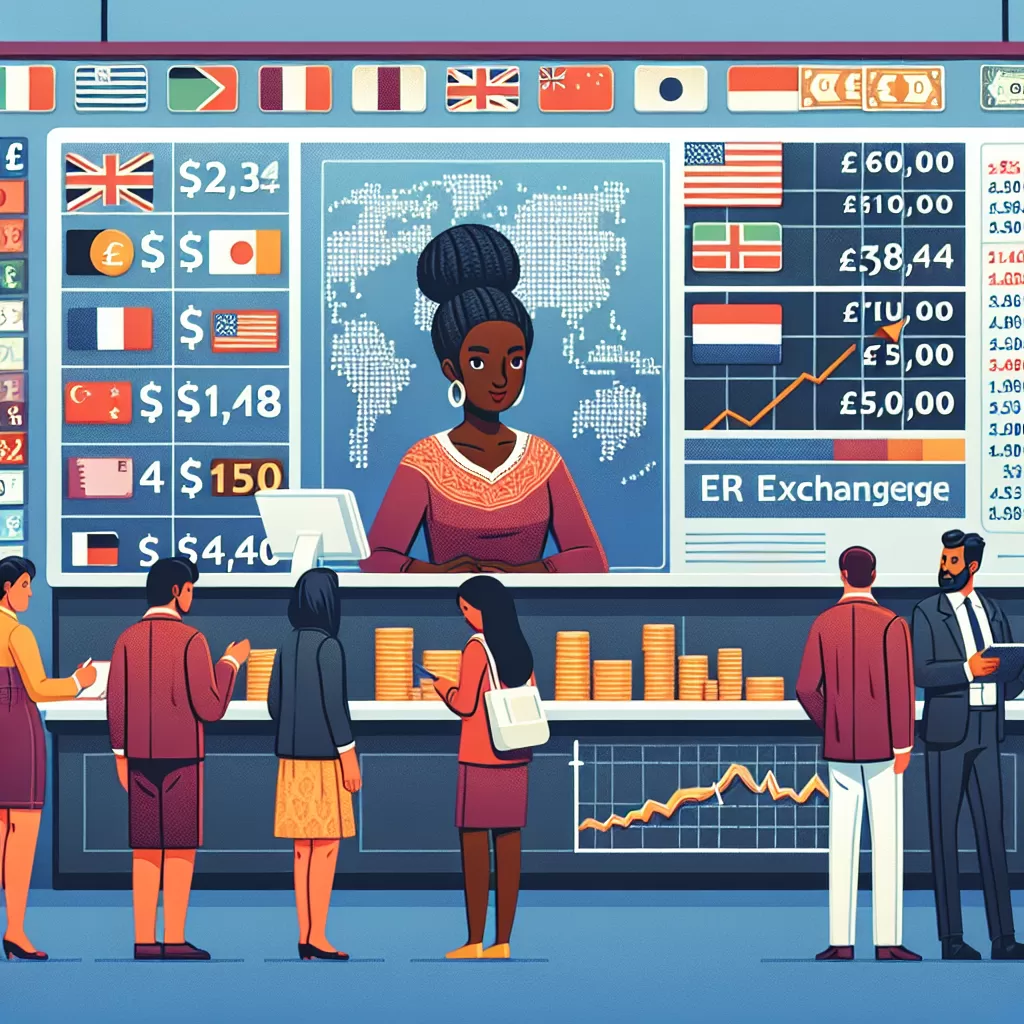How Much Does Currency Exchange Cost
Follow Currency Mart April 10, 2024
Where to purchase Foreign Currencies?

Introduction
The realm of currency exchange is a continuous dance of numbers and paired currencies. As you traverse this digital domain, remember one cardinal rule - the price of this dance is never free. From passing the crowned guardians of financial fortresses like banks and exchange bureaus to the anonymous avatars in the online market, everyone charges a fee. But despair not, the cost isn’t insurmountable. Understanding the intricacies of currency exchange rates aids in navigating this realm more effectively.Bank Currency Exchange
Traditional financial institutions, such as banks, offer one of the most common and simplest ways to exchange currencies. However, this convenience often attracts considerable costs. Banks usually offer exchange services only to their customers and provide less competitive rates. Banks typically add a markup to the mid-market rate, which is the midpoint between the buy and sell price of the currency pair on the global market. This markup, often between 2% to 5%, is essentially their service fee. Customers might also have to pay a separate transaction fee. These costs can slowly accumulate, especially with frequent or large transactions.Currency Exchange Bureaus
Currency exchange bureaus or Money Services Businesses (MSBs) are often found in major cities, airports, and tourist areas. These establishments are known for offering a wide range of currencies. Their exchange rates are generally competitive, but can sometimes be outweighed by steep service charges or commissions that can reach up to 10% or more. Due to variations in fees and exchange rates between bureaus, it's crucial to compare rates to avoid overpaying. Currency exchange bureaus often advertise "no fees," but remember, their profit is baked into the exchange rate they offer.Online Money Transfer Services
Online Money Transfer Services have emerged as a popular and cost-effective option to exchange currency. These services often use the mid-market rate and charge a separate, lower fee, ranging between 0.5% to 2.5%. Another advantage of online services is their accessibility - they're available round the clock from the comfort of your home. However, transaction times can vary. Instant transfers may attract higher fees, while low-cost options might take longer.Cryptocurrency Exchanges
Cryptocurrencies have influenced the currency exchange market by offering another way to transact across borders. Cryptocurrency exchanges allow users to purchase digital currencies such as Bitcoin, Ether, or Litecoin. Exchange rates here depend on market supply and demand that can be extremely volatile. Trading fees vary by exchange but are typically around 0.1% to 0.5%. Some platforms also charge deposit and withdrawal fees. As with other methods, potential users should consider their risk tolerance due to the volatility of the crypto market.Conclusion
The cost of currency exchange is dictated by various factors, including but not limited to, the platform or institution used, quantity of money being transacted, and prevailing market conditions. To minimize costs, be informed about the current exchange rate, understand the fee structure of your chosen service, and stay updated with the currency markets. Remember, a well-informed decision can help save significantly on currency exchange costs.
Where to purchase Foreign Currencies?